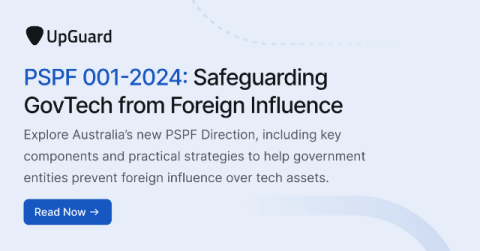What Does Incognito Mode Do?
Every day, millions of people use browsers like Google Chrome, FireFox and Safari to search the internet. Out of those millions of people, a fair portion use incognito mode in an attempt to maintain their privacy and stay safe on the internet, even if this is not what incognito was created to do. Incognito mode is generally safe to use, but it’s important to understand that it will not keep you protected against cyber threats and online scams.











